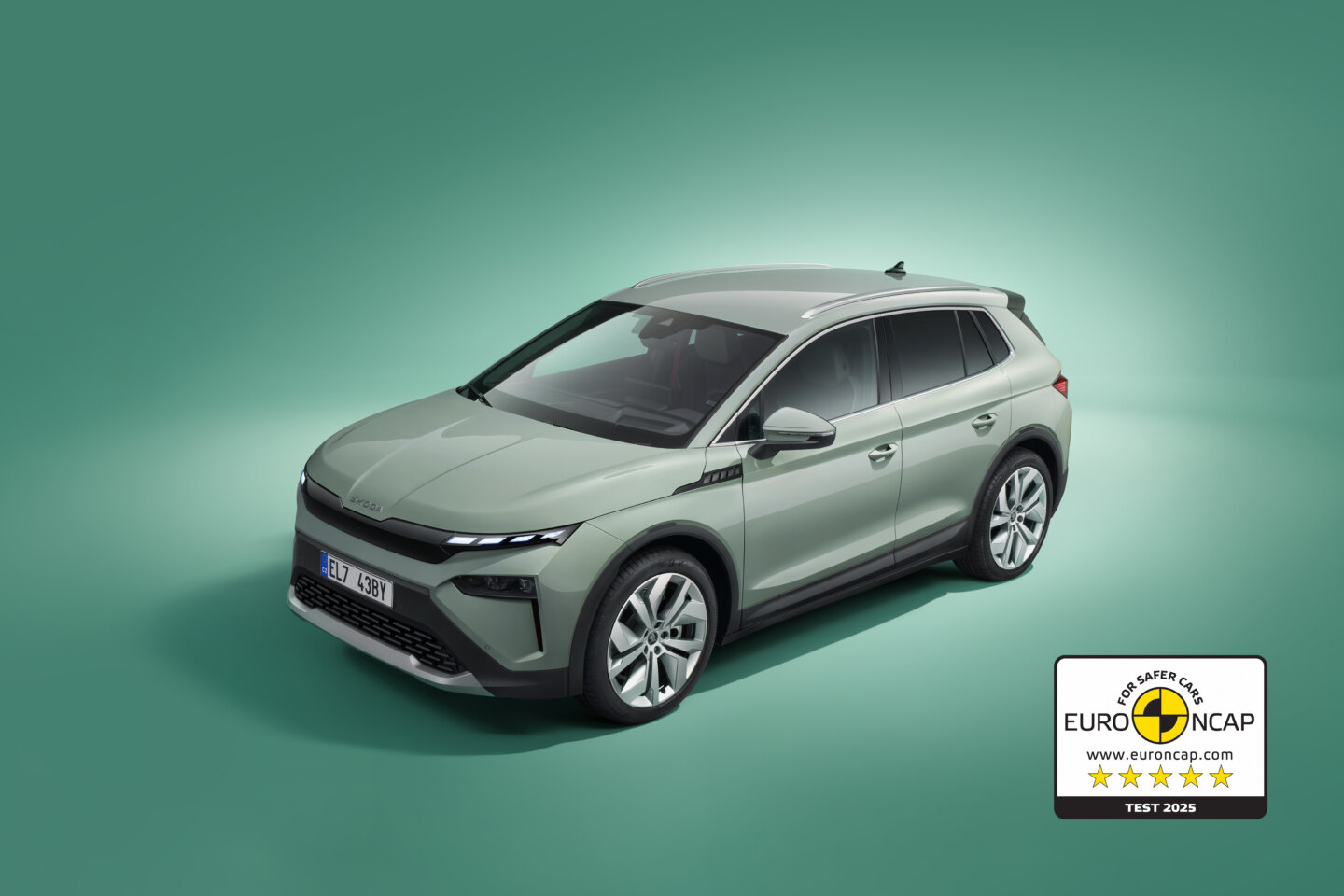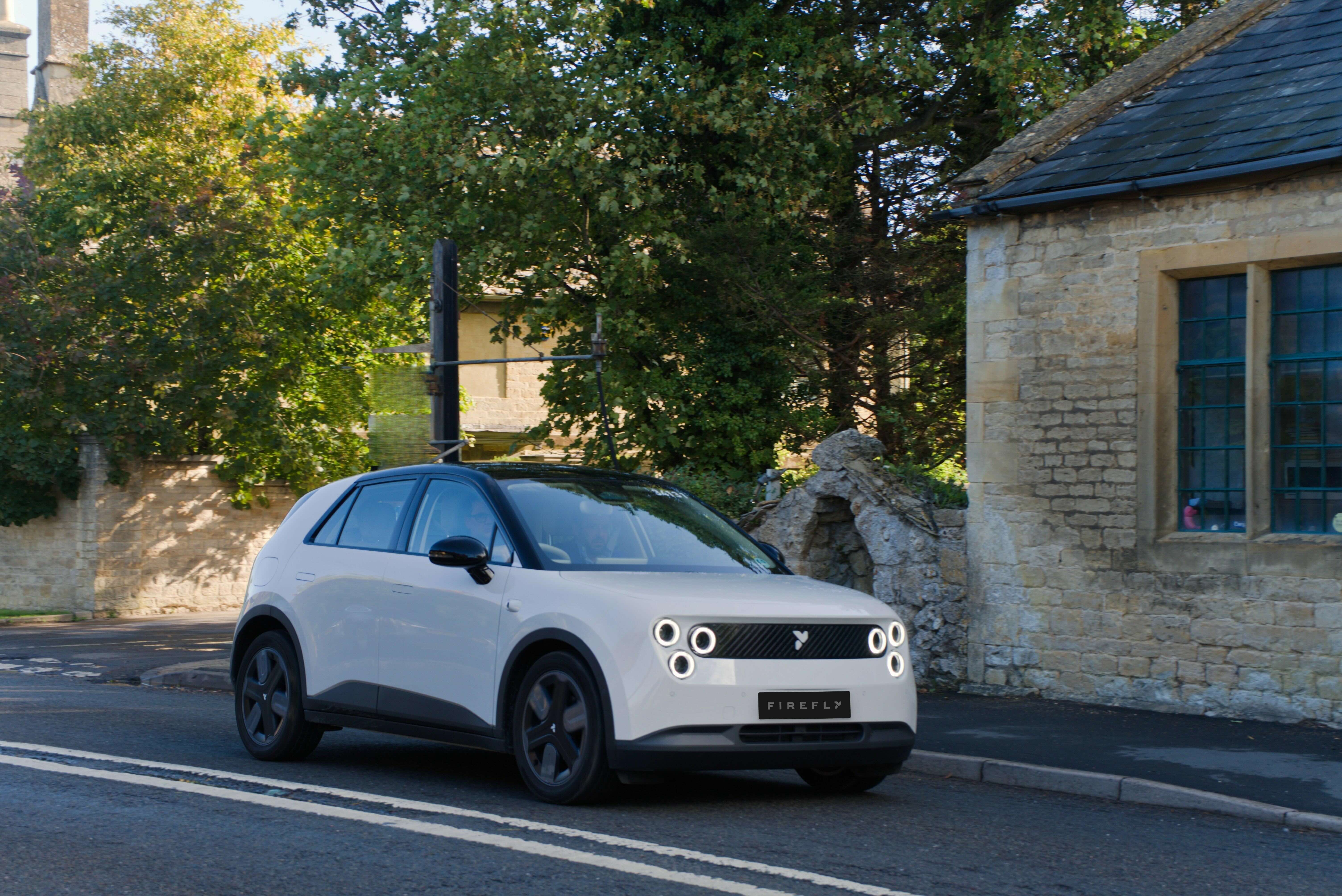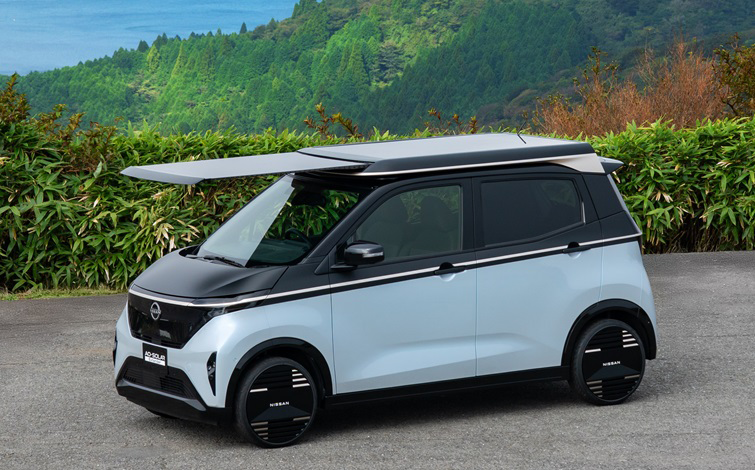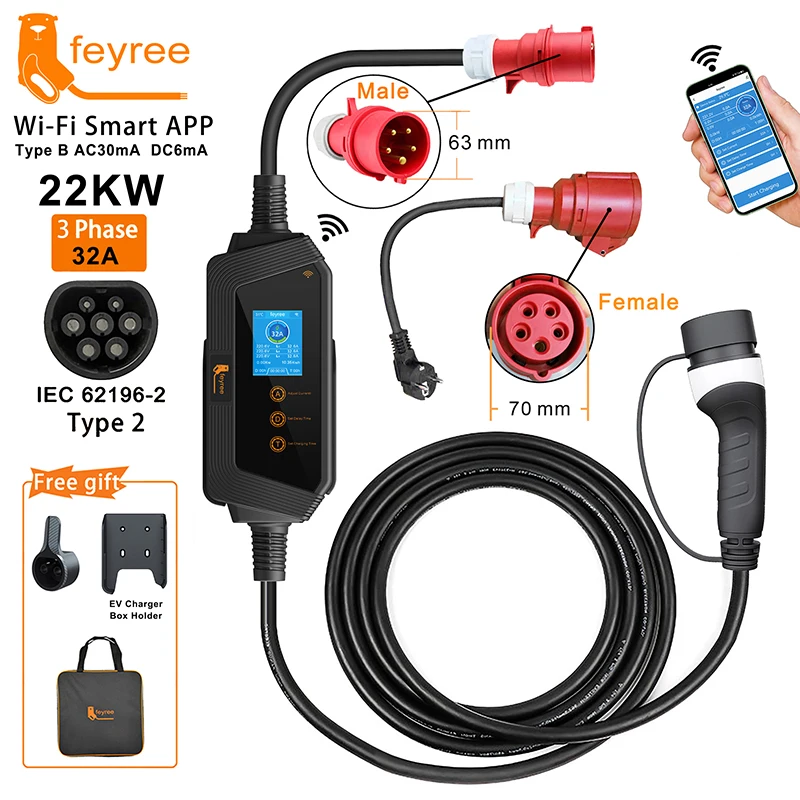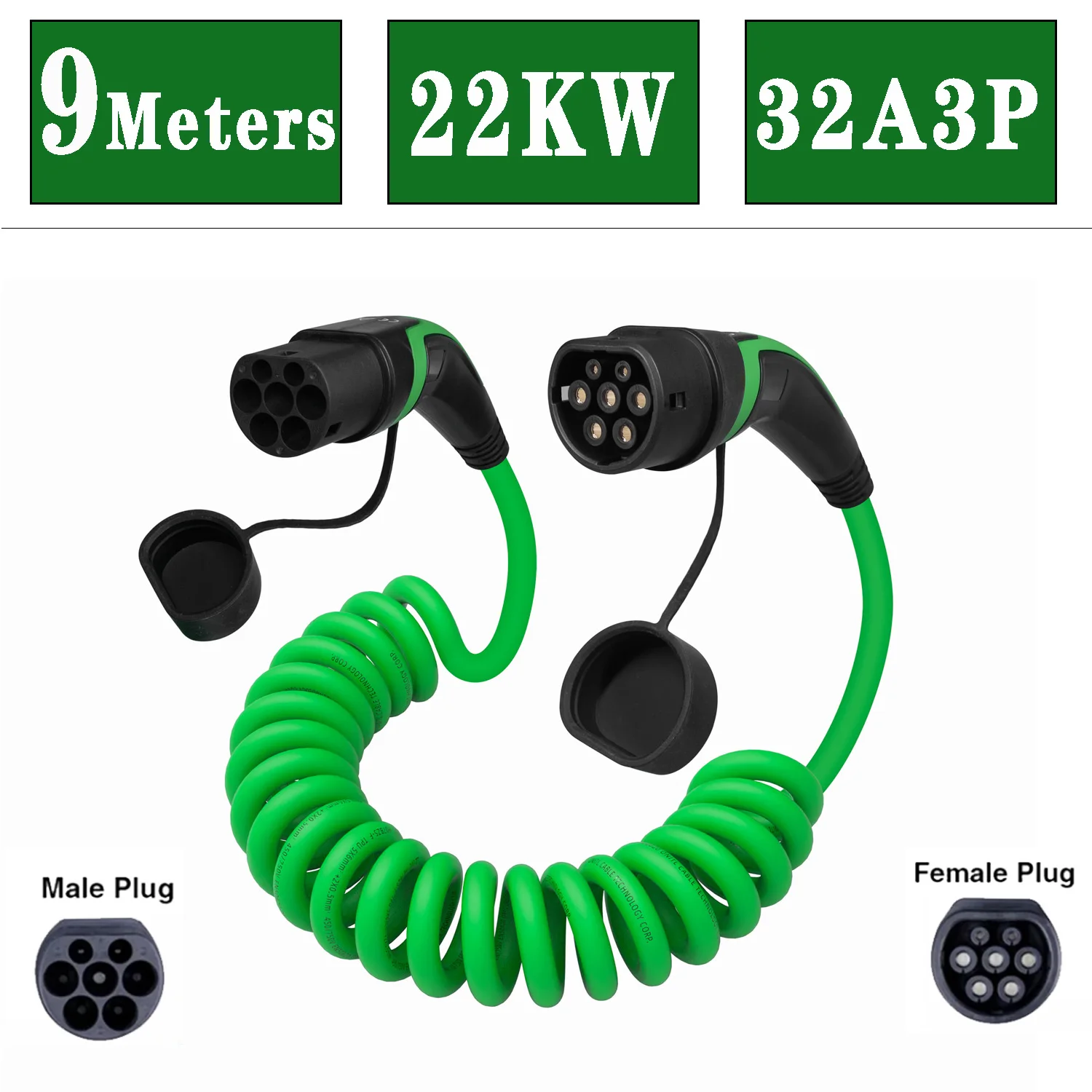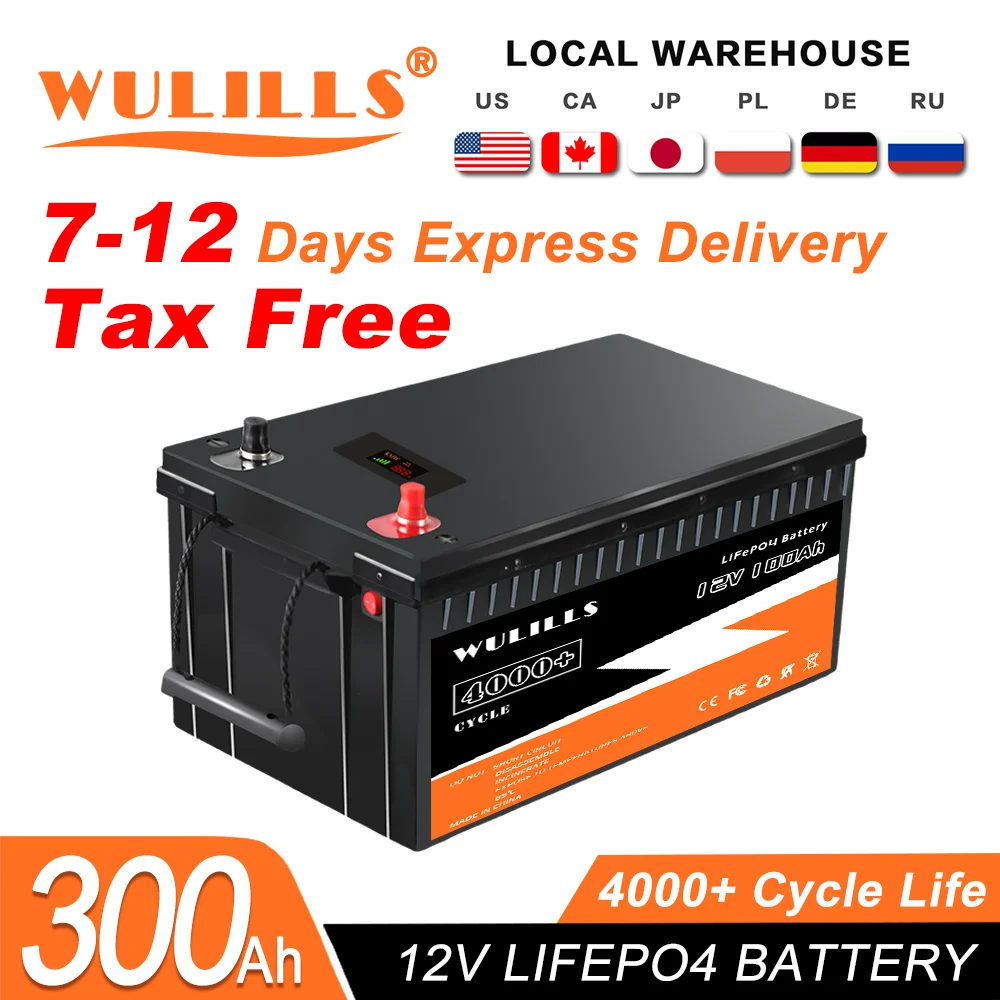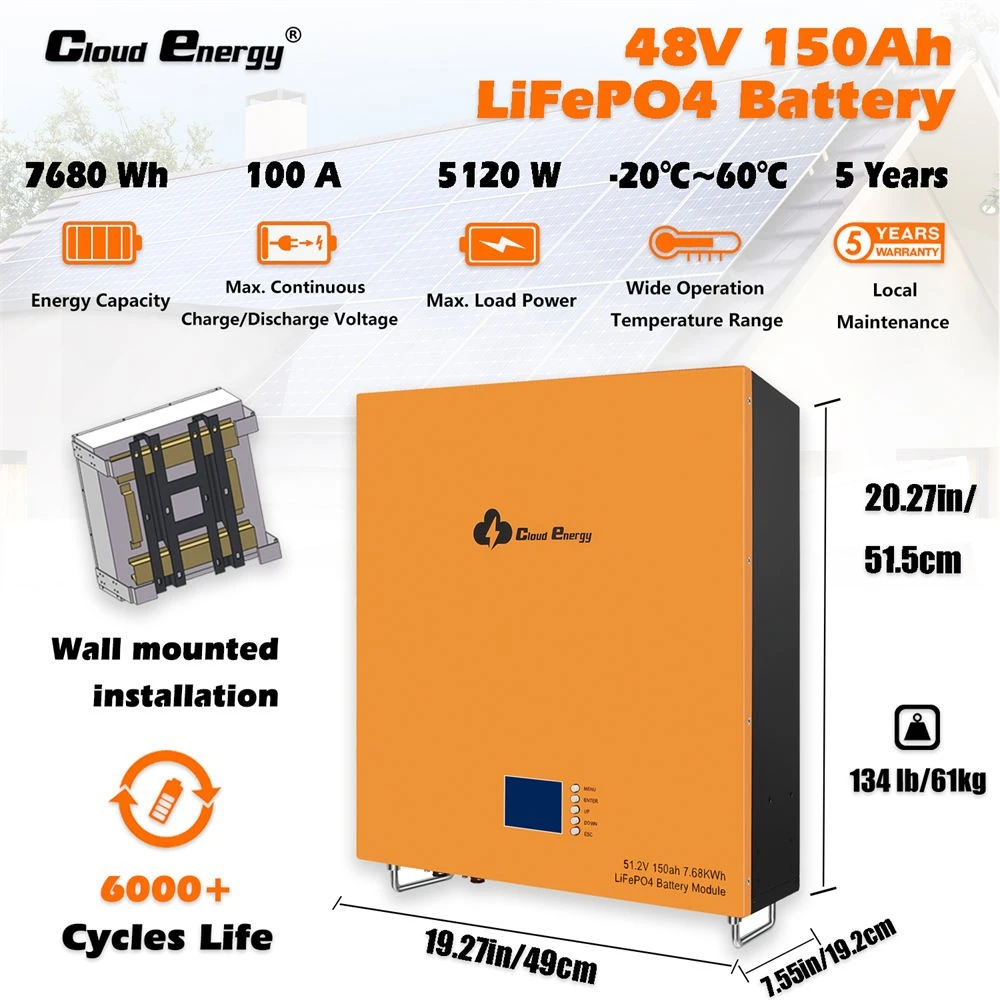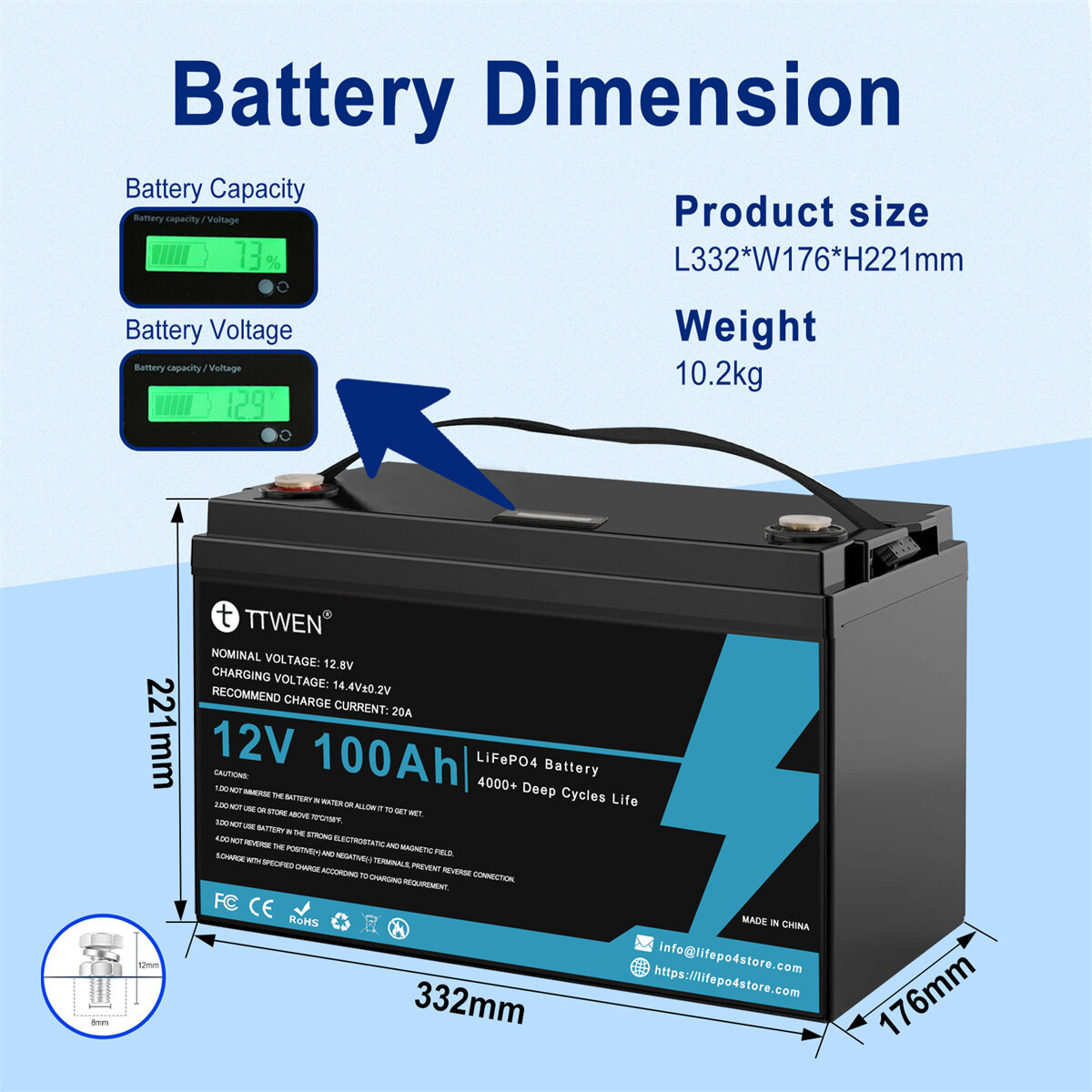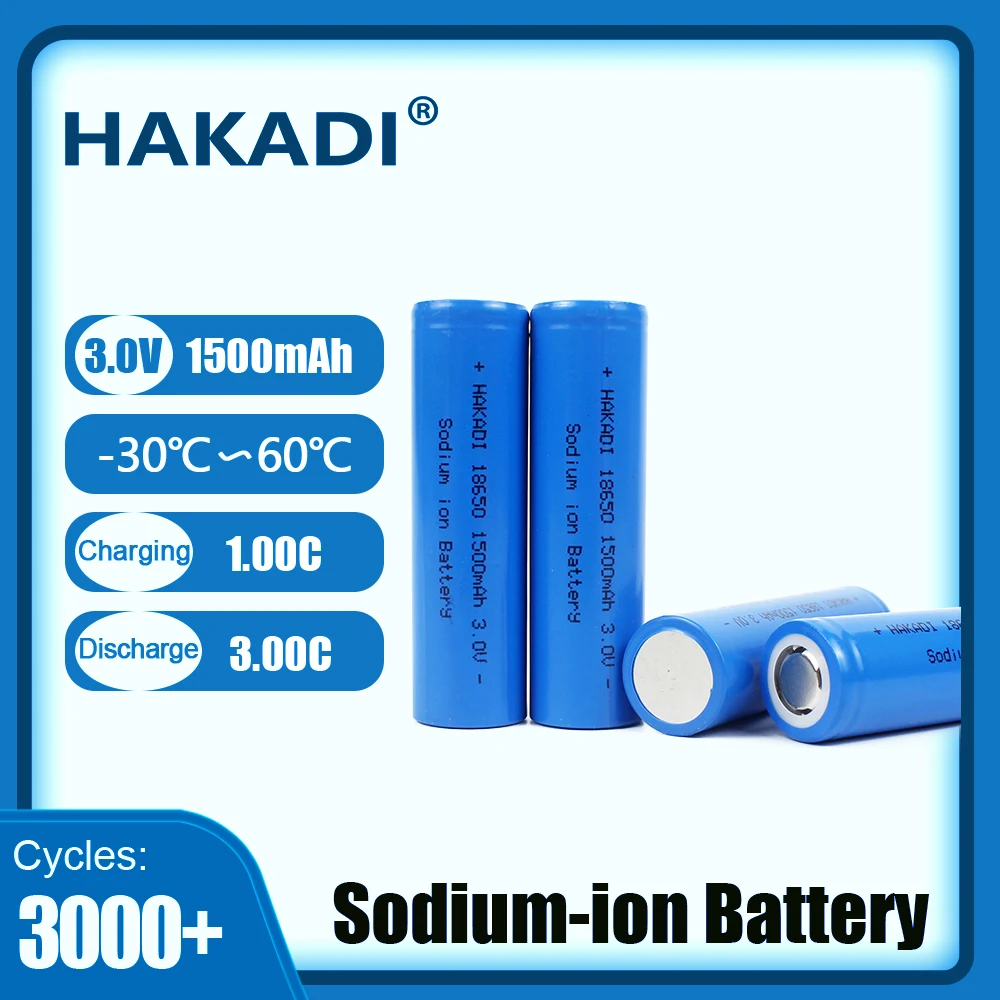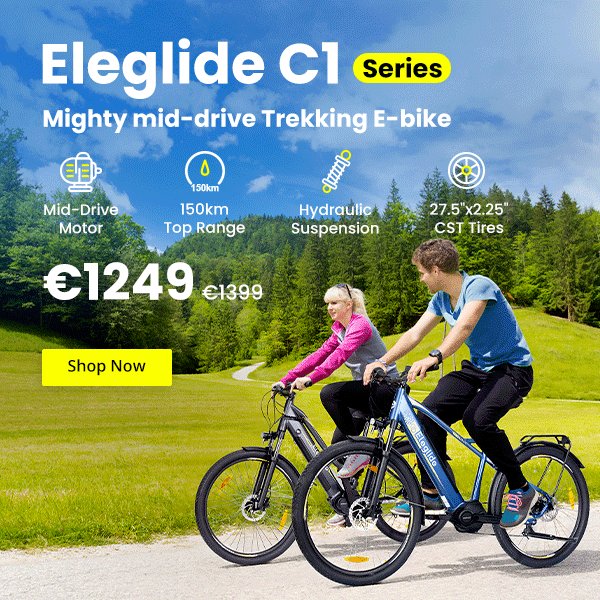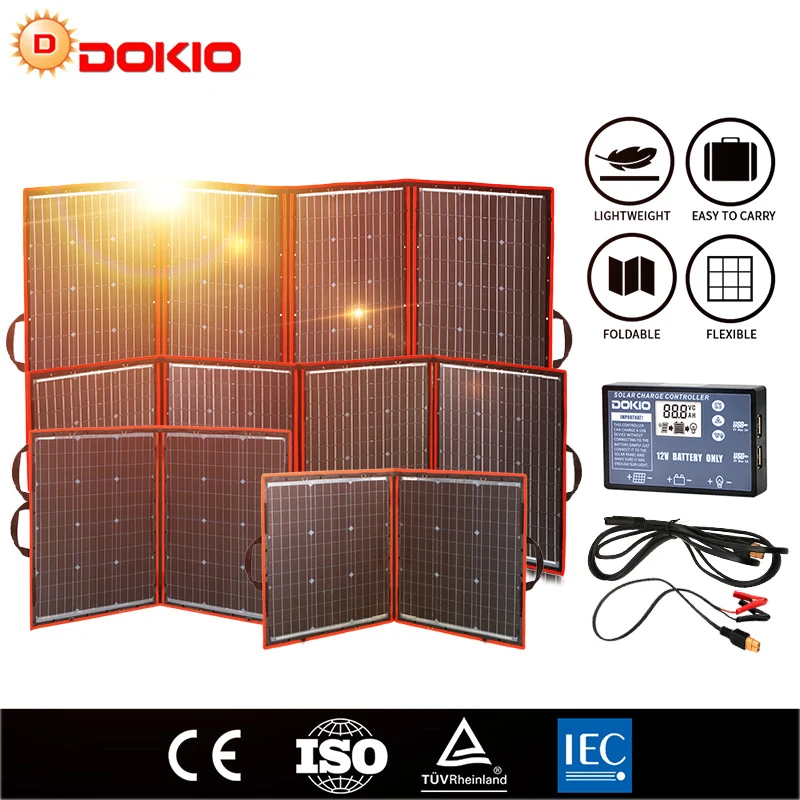
MG has been selling the ZS EV in Europe for a while now. The ZS EV belongs to the first generation of MG electric cars and honestly I never payed much attention to it.
As most first generation electric cars, the MG ZS EV isn’t very efficient and only gets a WLTP range of 263 km from a 44,5 kWh battery pack made with CATL cells. Its front grill makes it look like a gas car and suggests that GM didn’t care much about aerodynamics when designed it.
Made in Belgium, the Volvo C40 Recharge is now available to order in Europe.
Volvo Cars has officially opened order books for the C40 Recharge, the company’s latest fully electric model.
A landmark car for the company’s recently announced new commercial strategy, the C40 Recharge is available online via volvocars.com in markets across Europe* as of this week. Customers can order from the comfort of their own home or place an online order together with their retailer.
Currently, LG Chem supplies NCM 811 battery cells to Tesla in China, but starting next month, there will be a change to the NCMA chemistry. The Tesla Model Y MIC (Made in China) is set to become the first production electric car to get a NCMA battery.
Previously, it was expected that GM would be the first automaker to use the NCMA chemistry from LG Chem, with the introduction of its Ultium batteries.
Sodium-ion batteries (NIBs) are coming with potential to revolutionize grid energy storage and indirectly help EVs in a big way. Let’s see how!
Recently CATL announced that it’ll begin to produce NIBs in July. However, the giant Chinese battery cell maker didn’t tell us much about this battery technology, only that NIBs will be temporarily more expensive than lithium-ion batteries (LIBs) because they are a new concept.
Nonetheless, in the long run - with efficient mass production - NIBs will be considerably cheaper (around 30 % less) than LIBs. The main advantage of sodium-ion batteries is their use of abundant, cheap and benign materials.
The production of the LETIN Mengo started last month with first units rolling off the production line. Now, this small A-segment electric car that seats 4 persons is ready for first deliveries.
Powered by LFP (LiFePO4) batteries, this cute electric car has a starting price of 29.800 yuan (3.815 euros). This is exactly the same starting price of the Changan Benben E-Star.
#Levdeo #Mango officially enters market, price at ¥ 29.8K-54.9K, #China media reports.https://t.co/g07I17Z4hi
The Changan Benben E-Star is now available in a new low-cost version called National Edition with a starting price of 29.800 yuan (3.792 euros). Yes, you seen it right, it costs less than 4.000 euros and makes the popular Wuling Hong Guang MINI EV look overpriced…
The biggest downside of this low-cost edition is that it’s based on the old model, the exterior and interior don’t look as modern as the refreshed edition, as you can see in the image below.
You may already noticed that recently BYD has been focused on modernizing its electric cars by making them closer to the BYD Han EV, in technology and looks.
Now, almost every new electric car from BYD shares the same cobalt-free Blade Battery technology and a new sleeker front that debuted with the Han EV. The Han EV was the first electric car from BYD that actually looked modern and premium…
Last year I wrote an article praising this small electric car from Leapmotor. It’s small, extremely cheap with decent range and full with safety features that are rare in this segment.
Back then, the 2020 Leapmotor T03 was only available with a NCM 811 battery made by CATL, but now the 2021 Leapmotor T03 has an entry level version with a LFP (LiFePO4) battery from Guoxuan and gets a price cut.
After many years of waiting, soon electric cars will finally have batteries with silicon anodes, which deliver higher energy density and faster charging when compared to common graphite anodes.
GAC Motor recently showed off an electric car with a silicon anode battery that can be charged from 20 to 80 % in just 13 minutes, or from 0 to 80 % in 16 minutes.
As part of the neutron star strategy, Tech Day 2021 also saw the unveiling of GAC’s sponge silicon electrode technology. After years of research, GAC has overcome problems associated with silicon in larger batteries, using independently developed and patented “sponge silicon negative plate battery technology”: this makes the silicon negative sheet inside the battery as soft and elastic as sponge, strengthening it against wear and tear from charging and giving it a larger storage capacity. The volume and weight of a single battery can be reduced by 20% and 14% respectively.
The Chinese battery cell maker Farasis Energy announced the fourth generation of its battery cells.
Thanks to silicon anodes, the new battery cells are extremely energy dense and reach impressive gravimetric and volumetric energy densities (330 Wh/kg and 750 Wh/L).
Let’s see the press release and then the highlights of this new generation of battery cells.
Under the technology research and development ideas of the first generation, the reserve generation, and the development generation, Funeng Technology’s R&D team has made a breakthrough in the energy density of the battery. The energy density of the power battery reaches 330Wh/kg, and its battery technology limits the silicon material. The huge expansion of charging and discharging, combined with single-walled carbon nanotube conductive agent and new binders and other auxiliary materials, build a stable electrode system.
While most battery cell makers have been adopting NCM 811 as their preferred battery technology for energy dense cathodes, LG Chem bet heavily on mass production of NCM 712 battery cells.
NCM 811 offers better energy density and battery cells can easily reach 300 Wh/kg, but NCM 712 offers lower cost by using less nickel and more manganese. At the cell level the cost of NCM 811 is currently estimated at around 90 euros per kWh, while NCM 712 is estimated at around 80 euros per kWh.
Recently, BYD renamed the Yuan EV to Yuan Pro and gave it a new more modern front, similar to the BYD Han EV.
This electric car is now available to order in China and comes with a 50,1 kWh BYD Blade Battery for a NEDC range of 401 km.
Let’s see some specs.
Length: 4.375 mm Wheelbase: 2.535 mm Width: 1.785 mm Height: 1.680 mm Motor: 100 kW and 210 Nm in peak torque Range: 401 km under the NEDC test cycle Battery capacity: 50,1 kWh Battery type: BYD Blade Battery (cobalt-free LFP in CTP format) Starting price (after subsidies): 121.300 yuan (15.607 euros) The BYD Yuan Pro looks nice, however, the Han EV and D1 will probably be the most popular models for a while.

